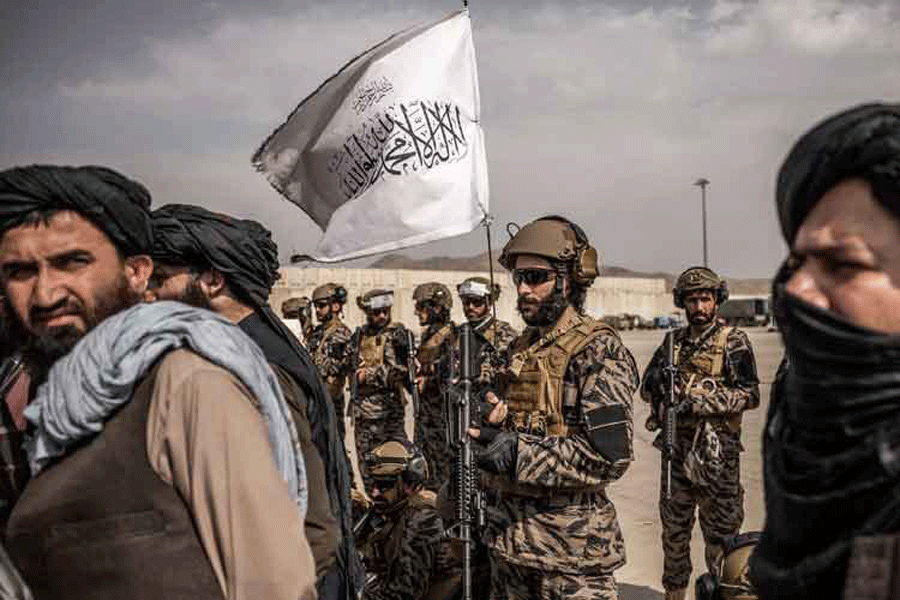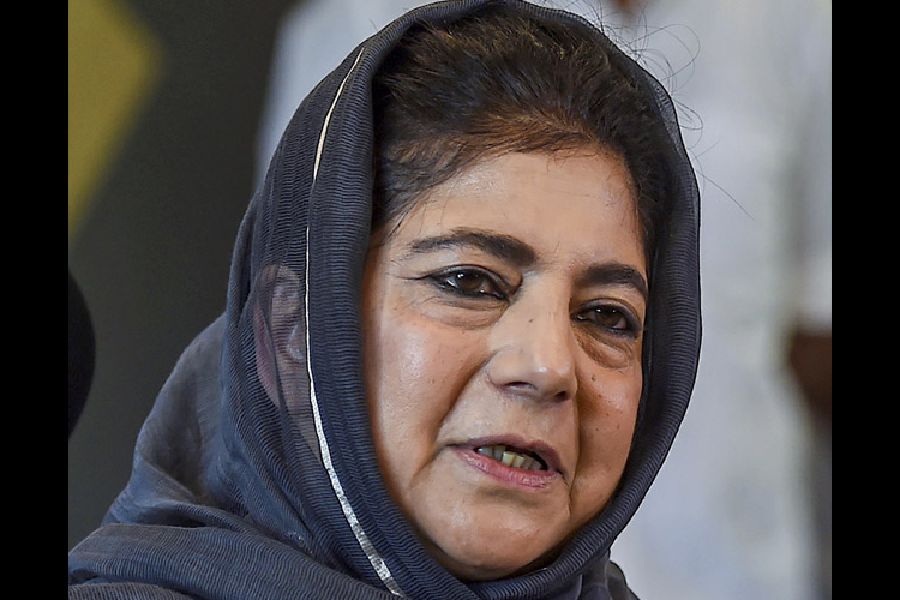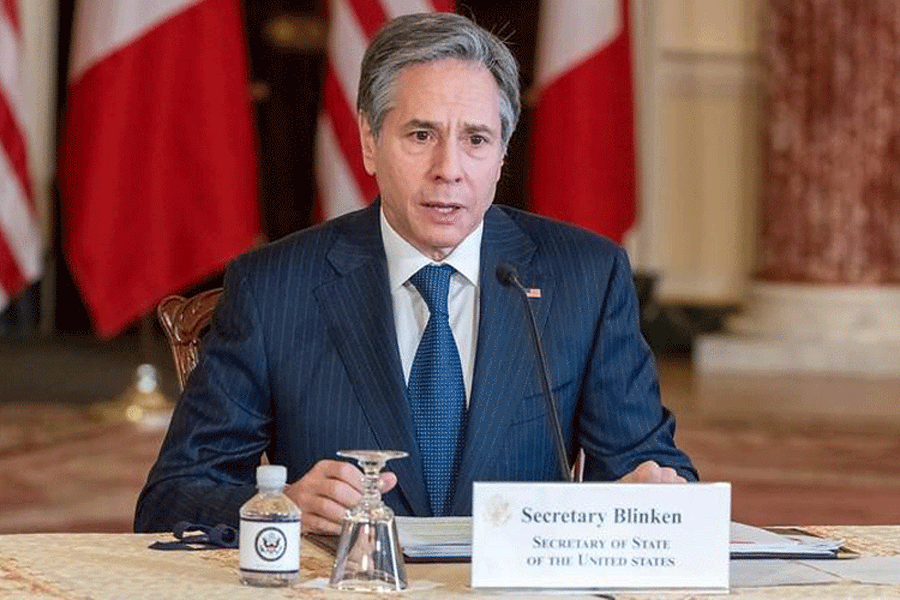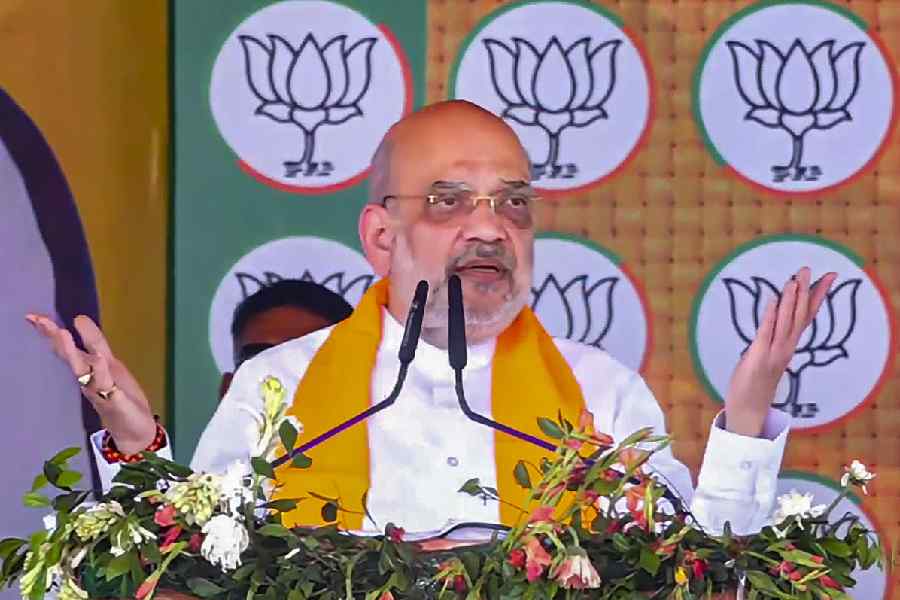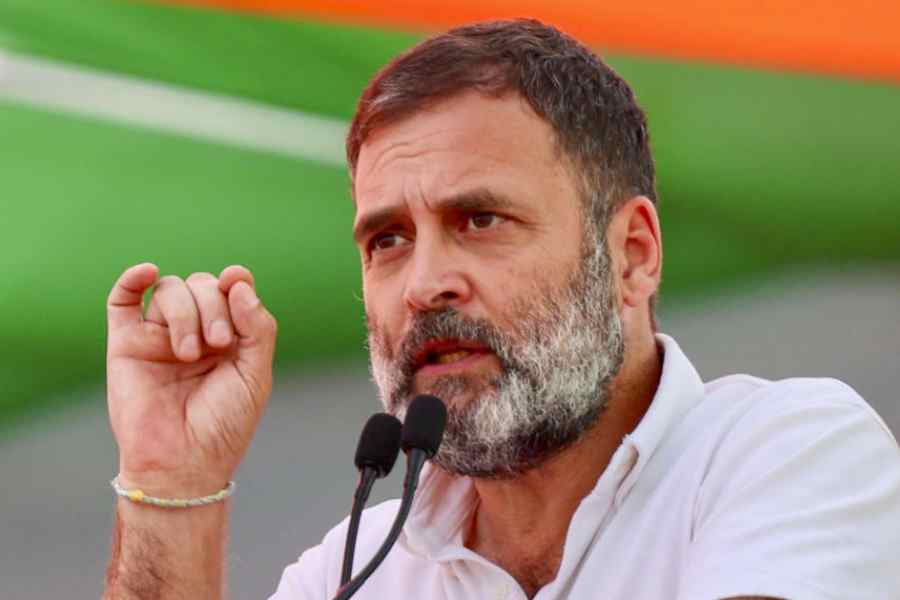A meeting last week between Indian diplomats and the Taliban foreign minister, Amir Khan Muttaqi, in Kabul has underscored New Delhi’s changing relationship with a group it once shunned as a proxy of the Pakistani military establishment. Led by J.P. Singh, joint secretary in charge of Pakistan, Afghanistan and Iran in the foreign office, the Indian delegation discussed New Delhi’s continuing humanitarian aid as well as the prospects of enhanced economic ties, including the utilisation of the Chabahar port that India is developing in Iran. The Indian team also met the former Afghan president, Hamid Karzai, officials of the United Nations Assistance Mission in Afghanistan, and Afghan business representatives. This outreach builds on India’s increasing engagement with Taliban-ruled Afghanistan, which has included earlier diplomatic visits to Kabul since the group returned to power in August 2021. In June 2022, India effectively reopened its embassy in Kabul, sending what it has described as a technical team to run the mission. Back in New Delhi, diplomats representing the earlier elected Afghan government at their country’s embassy in India have said they are unable to work because the Indian government is no longer supporting them.
All of this stands in stark contrast to India’s approach to the Taliban when the group was in power in the 1990s and when it was fighting against the United States of America-backed Afghan government forces for two decades after being ousted. Through that period, the Taliban’s close relationship with the Pakistani military and intelligence structure meant that India eschewed all engagement with the Taliban. But times have changed: today, relations between Pakistan and the Taliban are tense. Islamabad is also in the middle of a campaign to expel more than a million Afghan refugees. The Indian strategic community rightly views this as an opportunity to explore stronger ties with the Taliban, given the group’s firm control over Afghanistan. In itself, this is a sensible approach. Yet, India must be careful in its outreach. The Taliban remains fundamentally undemocratic and has crushed the rights and aspirations of Afghan women since returning to power. India should therefore draw its own red lines on how far it will engage with the group, making sure that it does not give the appearance of condoning the Taliban’s brutal practices. The Taliban can be tactical working partners, no more. India must not forget that.

